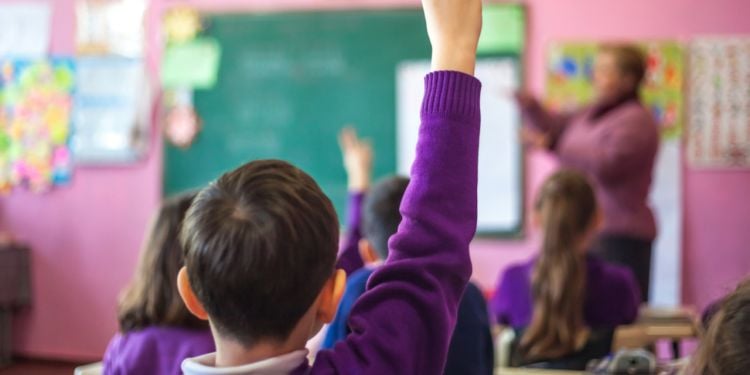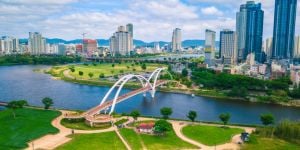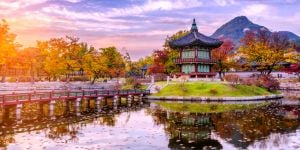
Moving to South Korea with young children requires thorough planning. On arrival in South Korea, you will probably need to find childcare for your children. Different types of childcare are available in the country, namely nurseries, kindergartens, and nannies. There is an option for everyone, no matter the budget and required hours.
Nurseries
Childcare centres, or Eorinijib, are managed by local authorities, companies, private institutions, and non-governmental organisations. You can find them everywhere in major South Korean cities. These childcare centres offer specialised courses and programs to young children. Most Eorinijib open from 7.30 am to 7.30 pm and welcome children from as young as three months old to five years old.
Rates vary depending on the number of children you are enrolling, the institution's location and prestige. A fee anywhere between 180,000 and 400,000 Won per month for childcare services is normal in South Korea.
If your spouse is Korean, you can benefit from government grants depending on your income and family assets. To apply for the grants, contact the local district office and submit your foreigner registration card, your passport, and your South Korean bank account number. You will then obtain a 'Je Sa Rang' card, which you can use to pay for childcare services.
Good to know:
Multicultural families in South Korea can enroll their children in specially adapted childcare centers. Children benefit from programs which have been tailored to their needs.
Pre-primary schools
Education in South Korea is compulsory starting at the age of five. In the coming years, pre-primary education might even become compulsory for three and four year-olds in Korea. The pre-primary education system follows a program called "Nu Ru Gua Jung", which is aimed at preparing them for primary school.
There are two types of preschools in the country: public schools called "Byung Sul Yoo Chi Won" which are managed by the government, and private schools called "Nol E Hak Gyo". Tuition fees for public schools are lower than those for private schools.
Good to know:
Educational games schools are not part of the "Nu Ru Gua Jung" government program. These private schools, however, are focused on learning through games and experience, similar to Western standards.
There are more and more English-only private schools in South Korea. These schools often hire English native speakers with curriculums conducted strictly in English. These schools are very popular among many Korean couples and foreigners living in South Korea.
Nannies and babysitters
If you prefer to entrust your children to a nanny, you will not have trouble finding a suitable candidate. You can search the internet or contact a recruitment agency to hire a nanny. In general, nannies are paid per hour or per day. You could also opt for a babysitter with the required training and skills.
We do our best to provide accurate and up to date information. However, if you have noticed any inaccuracies in this article, please let us know in the comments section below.








